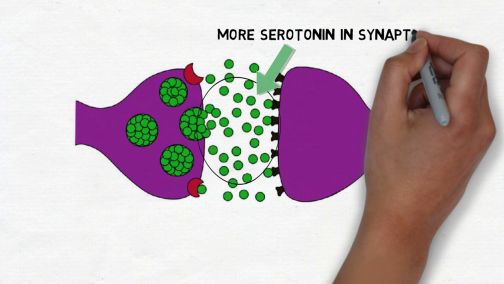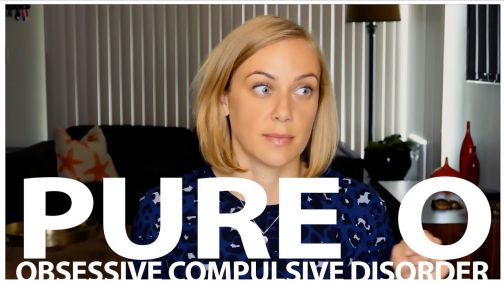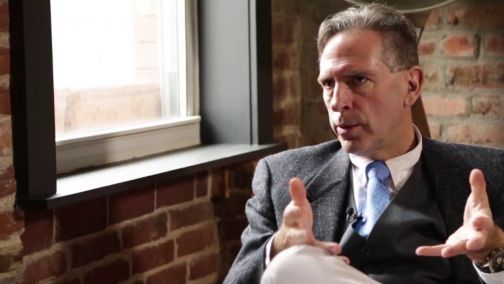Overcoming OCD
Seeking help for OCD is hard for a number of reasons. For some sufferers, telling others about their intrusive thoughts is scary and embarrassing. Once they do, loved ones may not be supportive in their search for help. Others live in countries or communities where OCD treatment is nearly impossible to find. Even if they reach diagnosis, there are no systems in place for helping them afterwards. Fortunately, in the age of the internet, more and more online resources are popping up.
Leading a happy and healthy life with OCD is totally possible. But doing so requires a balance of three things: Education, Healthy Living and Treatment.

OCD Treatment
Dr. Phillipson discusses recommended OCD treatment options.
Education
The right resources will empower you. Every sufferer should read up on their condition — symptoms, subtypes, treatment options, triggers. Doing so will empower you to open up to others and seek help. It will also make you better at explaining what’s going on in your head. And education doesn’t need to be reading books or website copy. Stories from other sufferers, YouTube videos, art exhibits and beyond, all count! Just be wary of not using education or research as a means of reassurance seeking. If you notice yourself doing it for hours on end, multiple times a week or month, you might need to reevaluate the role it’s playing in your recovery.
Healthy Living
Healthy lifestyle choices matter. Experts agree that mindfulness practice, creative expression, nutrition and exercise can have positive effects for sufferers of OCD. We recommend that you start by meditating for 10 minutes, twice a day. Not only will meditation help relax your nervous system, it will serve as a powerful adjunct to treatment. It’s important to remember that while many sufferers are able to manage OCD or anxiety by relying primarily on mindfulness tactics, many people do require intensive therapy or medication as well. Do not compare your treatment plan to another’s. Just make sure that you are working healthy habits into your daily life.
Treatment
The path to recovery starts with you. There are numerous treatment options for OCD, with the most trusted being Exposure Response Prevention (ERP) therapy. ERP exposes you to the thoughts, images and objects that trigger anxiety, and gives you the tools you need to prevent yourself from responding to OCD with compulsions and rituals. When seeking professional help, we recommend you work with a behavioral psychologist with expertise in OCD. As mentioned, ERP is the standard but it is not the only option.
Learn more about OCD treatment below.
From the Community
Support our work
We’re on a mission to change how the world perceives mental health.






